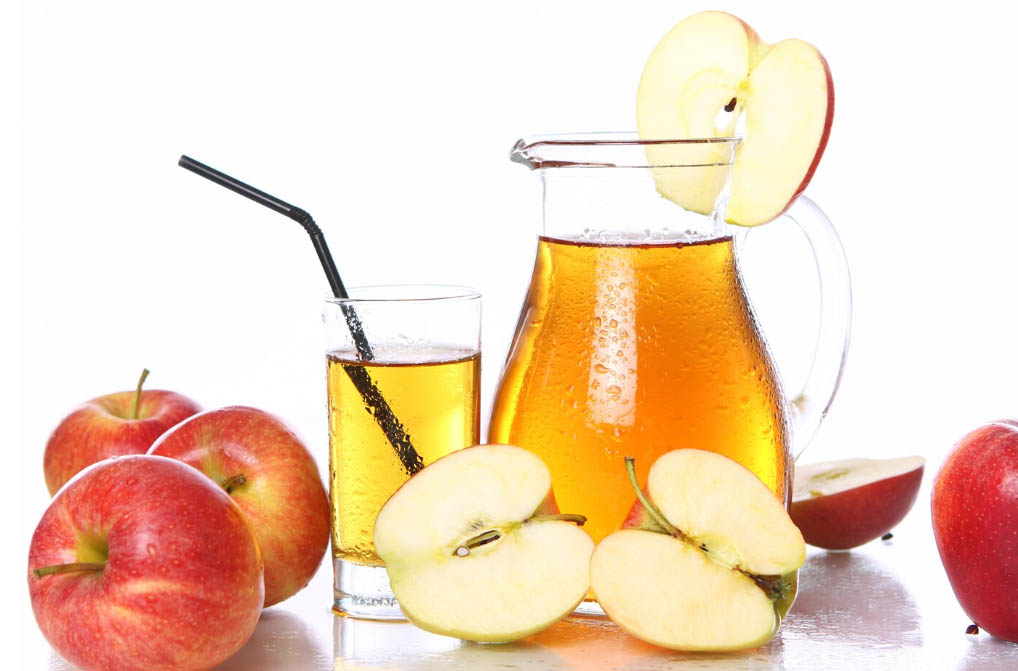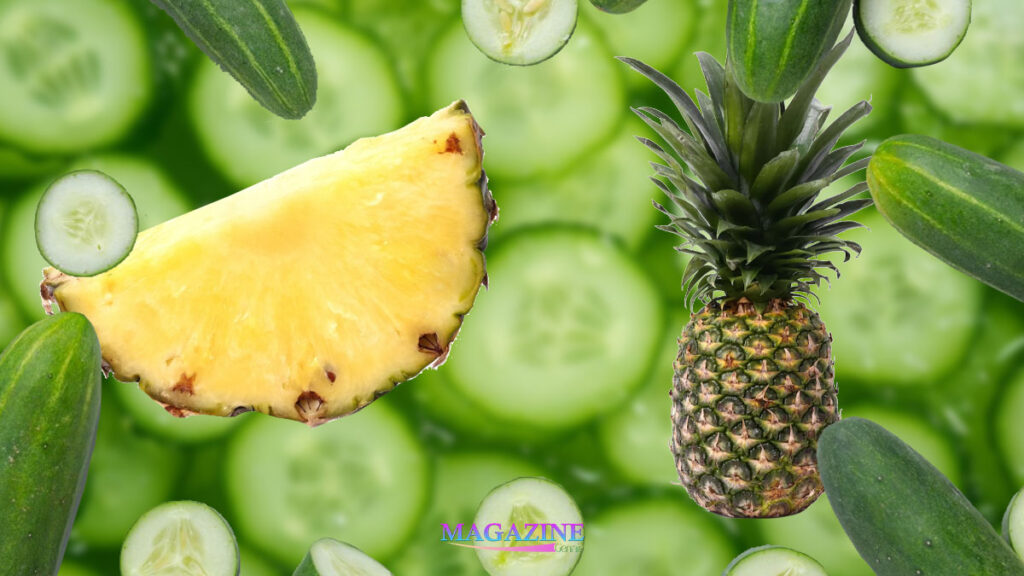Apple Juice vs Apple Cider: The main difference between apple juice and apple cider is the amount of processing the liquid undergoes. Dive into the unfiltered goodness of apple cider, a burst of fresh apple flavor untouched by heat treatment. Juice, while filtered and sweeter, boasts a longer lifespan but loses some of that natural punch. Apple cider is made of pressed fresh apples, unfiltered and raw, and it doesn’t contain added sugar, undergoes minimal processing, and is usually unpasteurized.
Apple juice is filtered and has added preservatives such as sugar, which makes it sweeter and gives it a longer shelf life. Apple cider’s limited availability outside of fall and quicker spoilage mean stocking up during peak season is key, unlike the year-round presence and extended shelf life of apple juice. If the apple cider isn’t used in around two weeks, the cider can start to ferment and become apple cider vinegar or alcoholic cider.
Table of Contents

Both apple juice and apple cider are popular beverages made from apples, but they have some key differences in their processing, taste, and nutritional content. Here’s a breakdown to help you decide which one is right for you:
Apple juice vs Apple cider Processing:
- Apple juice: Typically made from a blend of apple varieties, commercially produced apple juice is usually clarified, filtered, and pasteurized. This means it’s heated to kill bacteria and extend its shelf life, but it also removes some nutrients and fiber.
- Apple cider: Traditionally made from unfiltered pressed apples, apple cider is often left cloudy and unpasteurized. This means it retains more of the apples’ natural vitamins, minerals, and antioxidants, but it also has a shorter shelf life and may contain harmful bacteria if not handled properly.
See also : Pineapple and Cucumber Juice Benefits
Apple juice vs Apple cider Taste:
- Apple juice: Sweet and smooth, with a mild apple flavor due to the filtering process.
- Apple cider: More tart and tangy than apple juice, with a complex flavor profile due to the presence of tannins and other compounds.
Nutrition:
- Apple juice: One cup (240ml) of apple juice contains about 110 calories, 25 grams of sugar, and almost no fiber. It’s a good source of vitamin C, but lacks many other nutrients due to processing.
- Apple cider: One cup (240ml) of unfiltered apple cider contains about 80 calories, 18 grams of sugar, and 2 grams of fiber. It’s a good source of vitamin C, potassium, and antioxidants, but be aware that unpasteurized cider may contain harmful bacteria.
Apple juice vs Apple cider Overall:
- Apple juice: A good choice for a sweet and refreshing drink, but be mindful of the high sugar content and lack of fiber.
- Apple cider: A more nutritious option with a unique flavor, but choose pasteurized cider if you’re concerned about bacteria.
Ultimately, the best choice for you depends on your individual preferences and health goals. If you’re looking for a pure and natural option with more nutrients, choose pasteurized apple cider. If you prefer a sweeter and clearer drink, apple juice might be a better fit.


